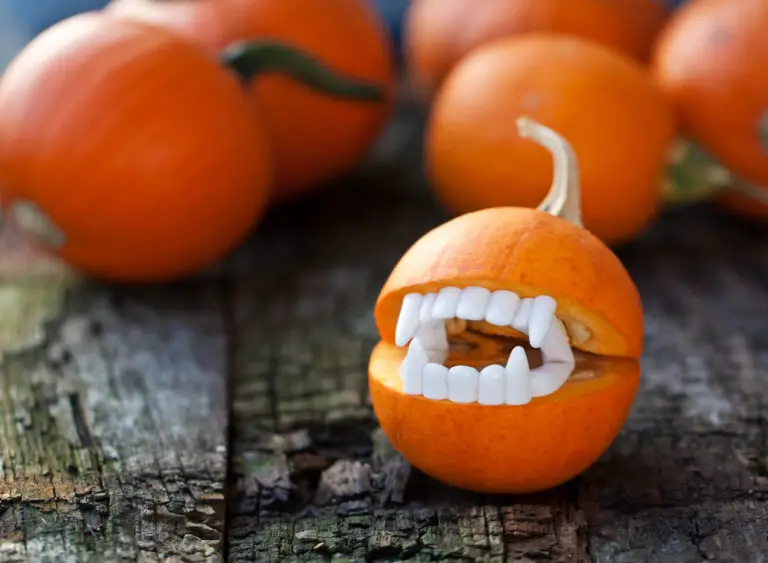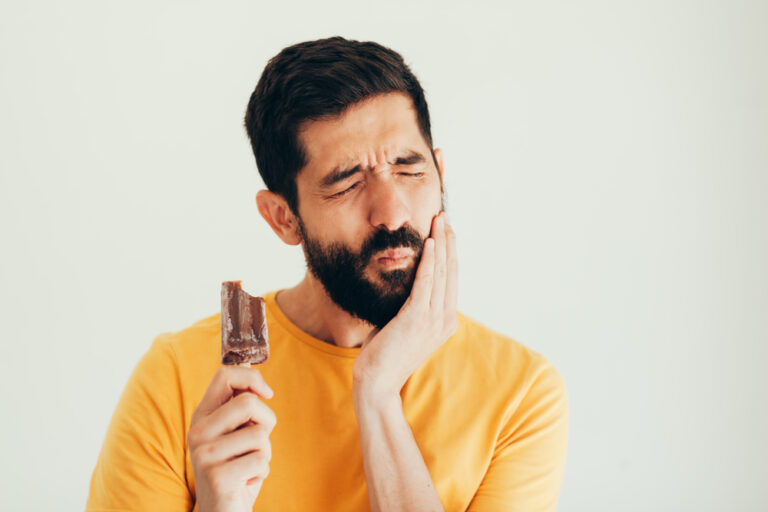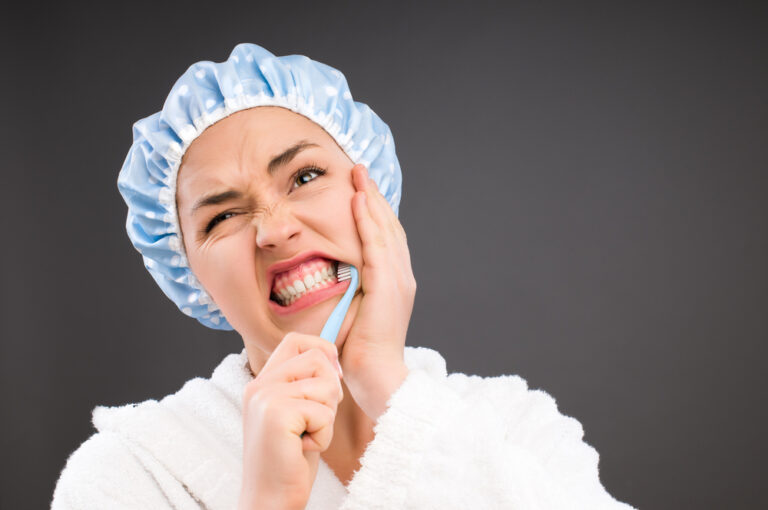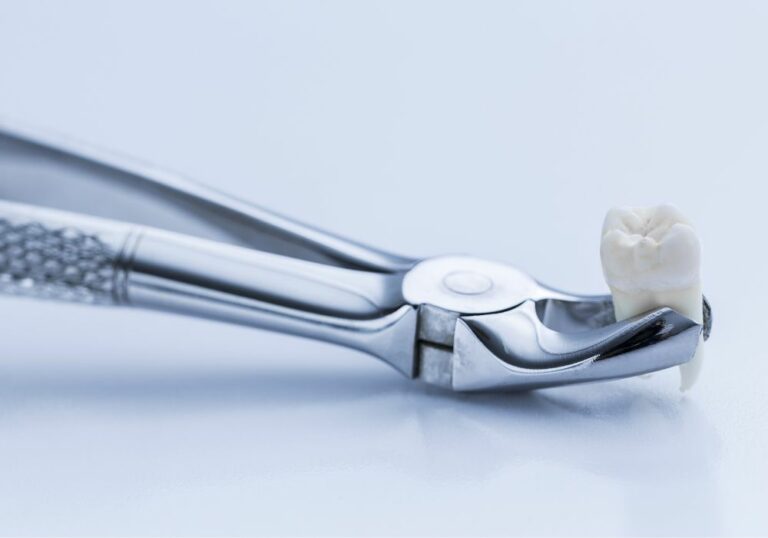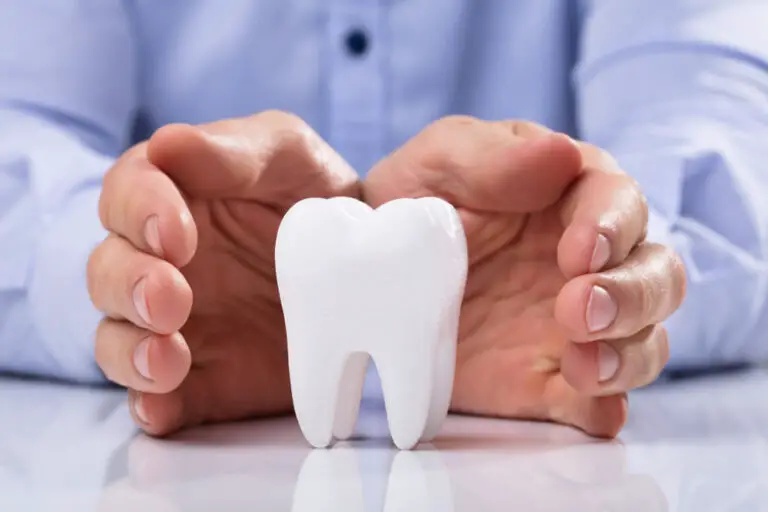What is teeth grinding?
Teeth grinding, known medically as bruxism, is a condition characterized by grinding or clenching of the teeth. It typically occurs during sleep, either during the day for shift workers or at night. Sleep bruxism involves the reflexive, often subconscious clenching, grinding, or sliding of the upper and lower teeth back and forth laterally and sometimes vertically as well.
The symptoms of sleep bruxism include abnormal tooth wear, fractures, inflammation, damage to dental work, and painful sensations in the facial muscles on waking. Most people with bruxism are unaware they have the condition until a sleep partner brings it to their attention or a dentist notices abnormal wear during an exam. Sleep bruxism can occur in children but is most prevalent in middle-aged adults, affecting around 13% of the population frequently.
What causes teeth grinding?
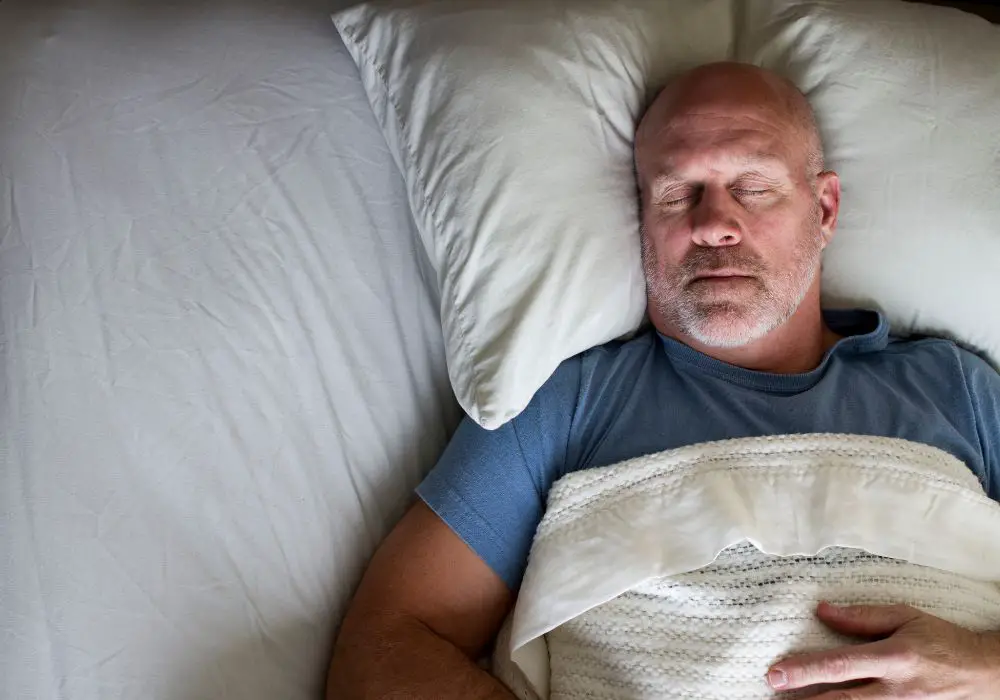
While definitive causes are still being researched, scientists believe the following factors likely contribute to the development of sleep bruxism:
Malocclusion and misaligned bite
Malocclusion refers to a misalignment of the upper and lower arches of teeth, resulting in an improper bite. When the upper and lower teeth do not fit cleanly together, increased grinding and pressure on the jaw can occur. Underbite and overbite problems often involve malocclusion. Orthodontic treatment with braces can help correct these issues.
Genetic and family history
Sleep bruxism tends to run in families, indicating there may be a genetic component involved. First-degree relatives of someone with frequent teeth grinding have about a 70% increased risk of also developing bruxism. Studies show that mutations in genes related to the neurotransmitters dopamine, serotonin, and others may contribute.
Anxiety, stress, and personality
Psychological and psychosocial factors appear to play a significant role. Increased levels of anxiety, stress, frustration, and competitive or aggressive personality traits have been associated with a higher incidence of bruxism. High levels of cortisol may also be involved. Emotional disorders like depression may increase risk as well.
Medications and drug use
Various prescription medications are thought to be risk factors for sleep bruxism, including certain antidepressants, amphetamines, beta blockers, and dopamine agonists. Withdrawal from alcohol or smoking cessation can also trigger teeth grinding. Recreational drug use such as ecstasy, marijuana, cocaine, and methamphetamines may increase risk.
Sleep disorders
Sleep bruxism is closely related to sleep disorders like sleep apnea, snoring, sleep talking, night terrors, and insomnia. Irregularities in the sleep cycle and interruptions of the respiratory cycle may activate the grinding reflex. This may explain why bruxism declines with age as sleep problems tend to decrease in older adults.
Trauma and injury
Injuries, tumors, infections or other disorders affecting the temporomandibular joint (TMJ) and facial muscles can contribute to grinding. Severe occlusal trauma from accidents may also be involved. Grinding may activate in an effort to stabilize the jaw.
What are the effects of teeth grinding?
Some key negative effects associated with sleep bruxism if left untreated for prolonged periods include:
Tooth damage
Bruxism wears down the tooth enamel over time and exposes the more sensitive dentin underneath. This leads to tooth pain and hypersensitivity to hot and cold foods and drinks. The teeth slowly flatten and may fracture or chip. The tongue side of teeth is often spared due to the tongue protecting those surfaces.
Headaches and jaw pain
Grinding puts strain on the temporomandibular joint, facial muscles, and can inflame nerves. Patients with severe bruxism often wake up with headaches, jaw pain, soreness, and locked jaws. The jaw may feel tired and tense during the day.
Damage to dental work
Grinding motions can damage, fracture, or loosen dental fillings, crowns, implants, and other restorations. Braces may be bent or broken. Teeth ground to stubs can cause dentures to become loose.
Gum recession
Over time, excessive grinding forces can cause the gums to recede and expose the tooth roots. This leads to root sensitivity and increased risk of decay and bone loss.
Sleep disruption
Though grinding happens during sleep, the resulting tooth pain and soreness can disrupt sleep. Sleep partners may also be kept awake by loud grinding noises. This sleep loss produces daytime fatigue.
Early diagnosis and management of grinding is essential to minimize damage and discomfort. Left untreated, bruxism causes increasingly expensive and complex dental issues.
How is teeth grinding diagnosed?
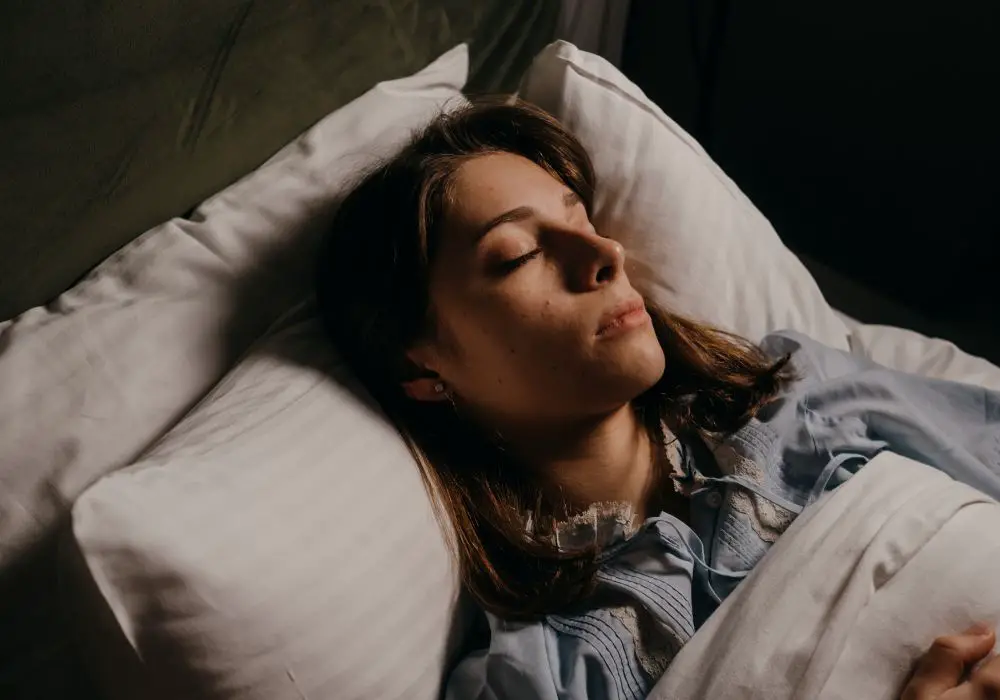
Definitively diagnosing bruxism can be challenging because the grinding happens unconsciously during sleep. Signs and symptoms that may indicate bruxism include:
- Unusual patterns of tooth wear not aligned with diet or habits
- Jaw soreness or pain upon waking
- Face/jaw muscle tenderness and fatigue
- Headaches or ear pain
- Scalloped indentations on the tongue edges
- Cheek biting
Partners often notice and complain about loud grinding noises at night. Dentists recognize characteristic tooth wear patterns like flattened biting surfaces but intact tongue-side cusps. Questionnaires help assess the presence and frequency of symptoms. Home audio recordings can help document nighttime grinding sounds.
Definitive diagnosis is made through polysomnography sleep studies, where electronic sensors on the face record masseter muscle activity indicating grinding. This technology can confirm the severity and frequency of bruxism episodes, however sleep studies are expensive and cumbersome to perform.
What are the treatment options for teeth grinding?
Treatments for sleep bruxism aim to minimize tooth damage, reduce pain and associated issues, decrease grinding intensity, and manage contributing factors:
Dental guard
Wearing a custom fitted night guard or splint provides a protective barrier between the upper and lower teeth to absorb grinding forces. Most patients find guards comfortable and effective at preventing tooth damage.
Stress reduction
Methods for managing life stresses through counseling, relaxation techniques, exercise, and sleep hygiene may help reduce grinding. Addressing associated issues like anxiety helps as well.
Physical therapy
Massage, stretching exercises, hot/cold compresses, and transcutaneous electrical nerve stimulation applied to the jaw area can help reduce muscle tension, stiffness, and pain from bruxism.
Biofeedback
Electronic biofeedback devices monitor jaw muscle activity at night. They gently alert the patient so they can relax the jaw muscles through classical conditioning.
Botox
Botox injections temporarily paralyze the jaw muscles, preventing contraction for several months. This reduces grinding damage until the Botox effect wears off.
Medications
Muscle relaxants, sedatives, antianxiety medications, and dopamine agents may be prescribed in some cases if other treatments are insufficient. Side effects may occur.
Dental repair
Restorations like crowns, implants, and orthodontics may be needed to repair bite alignment, replace damaged teeth, and protect tooth roots.
Lifestyle adjustments like abstaining from alcohol, recreational drugs, and smoking can also benefit some patients.
What happens if you don’t treat teeth grinding?
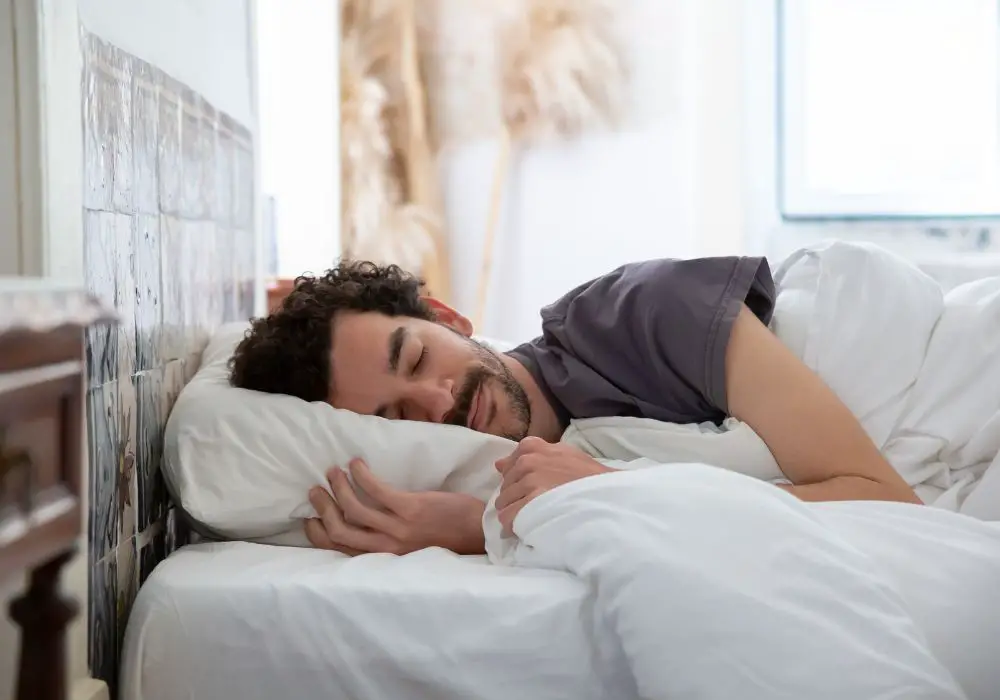
If bruxism remains untreated over the long-term, complications may include:
- Severe damage to the teeth requiring crowns or extraction
- Receding inflamed gums, increased tooth decay risk
- Cracked or loose teeth, broken dental work
- Worn teeth resulting in altered bite, speech issues, problems chewing
- Arthritis and disk damage in the TMJ joint
- Headaches or earaches that persist and disrupt sleep
- Emotional side effects like embarrassment over damaged teeth
The jaw muscles and TMJ bear the burden of years of strain from untreated grinding and clenching. This causes face pain and tension, jaw locking and popping. Extensive dental repair work may ultimately be needed to rebuild the bite and replace lost tooth structure.
Early intervention provides the best chance of minimizing tooth damage, pain, and complications through dental guards, therapy, and stress reduction. If grinding symptoms occur, see a dentist right away before problems worsen.
Conclusion
In summary, sleep bruxism is a common condition marked by involuntary grinding and clenching of the teeth during sleep. Complex interactions between sleep disorders, medications, genetics, psychology, and dental factors likely contribute to bruxism. If left untreated, teeth grinding progressively damages tooth enamel, leads to decay and gum disease, and strains the jaw joint. Early diagnosis lets dentists fit dental guards to protect teeth at night. Reducing life stress is also important. With proper management, bruxism symptoms can usually be well controlled, preventing severe complications from occurring.

